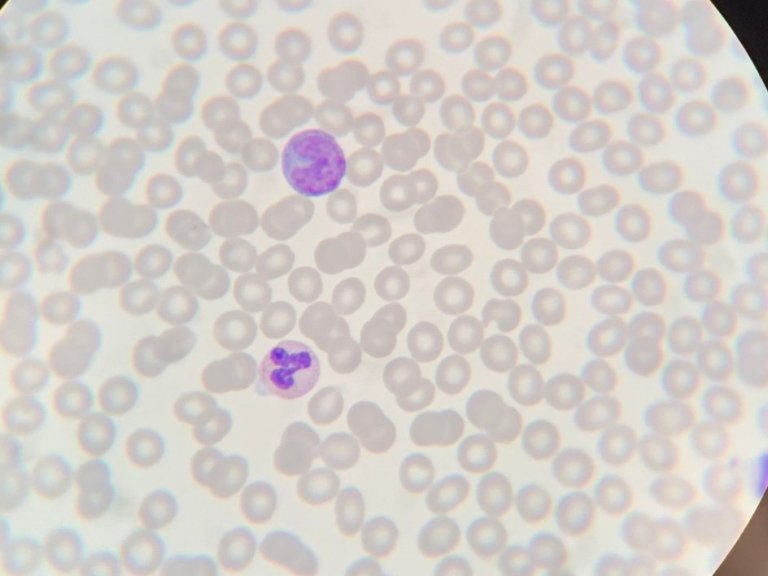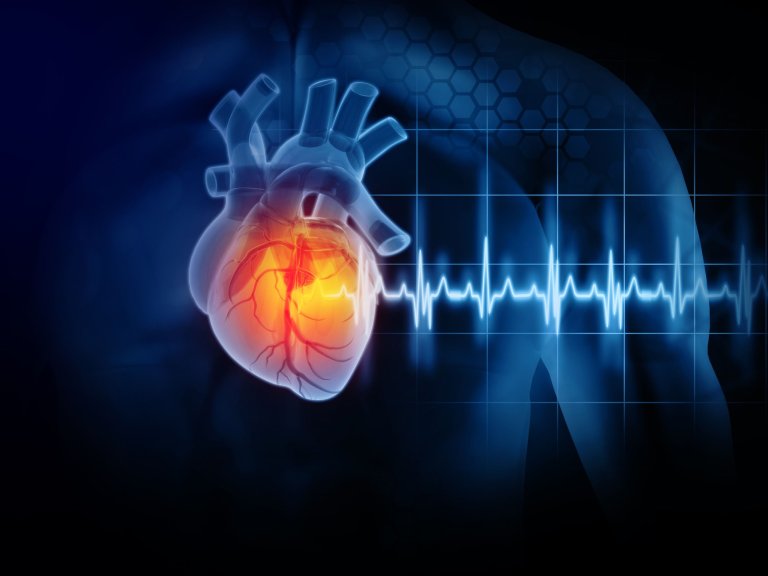This technology can then be used by cardiologists to decide whether or not to place a stent in the heart of a patient with a narrowing in their artery. For Ivana Išgum, Professor of AI and Medical Imaging at Amsterdam UMC, this is an opportunity to “develop algorithms that can analyse data in real time and support cardiologists in what is typically a difficult decision”.
The funding, which is part of a wider round of funding resulting in 17 ICAI labs across the Netherlands, will be used to fund the new CARA Lab. Lab manager, Jos Thannhauser a researcher from Radboud UMC, agrees with Išgum: “Whether to place a stent or not is often a big dilemma for cardiologists. It’s a balance between preventing future heart attacks and not treating patients unnecessarily.”
The CARA Lab will also look beyond placing stents by looking to minimise the complications experienced, including stent failure, by patients after they have a stent inserted. By using Artificial Intelligence, together with Optical Coherence Tomography (OCT) - a relatively new form of imaging that uses, effectively, optical ultrasound to produce incredibly high-resolution images, the team hopes to be able to gather data that will allow for predictions to be made. Based on, for example, the type of plaque build-up that is causing the narrowing in the artery.
Ideal Application
The combination of technological advancement, the advances in AI and the wealth of data around stent operations – there are around 40,000 each year in the Netherlands – means that this is an ideal application of AI. At least in the eyes of Clarisa Sánchez Gutiérrez, Professor of AI & Health at the University of Amsterdam: “The use of OCT generates a lot of information that requires real time, accurate analysis to make important decisions for the patient. Thankfully the imaging machines are getting better and AI more and more advanced. Hopefully this will allow us to generate a robust model that can improve outcomes for the patient as well as help the cardiologist.”
The hunt for the algorithm can also have benefits outside of the Netherlands, through the collaboration with Abbot Laboratories. Sánchez Gutiérrez sees a natural partner for bringing the eventual findings to operating theatres across the globe: “together we will build up a good body of work, not only software-related but also ethical insights, to understand how to really reach trustworthy AI solutions that can be integrated and adopted in a multitude of different clinical environments.”
However, Išgum emphasises, these findings will take some time to reach the cardiology department: “First, we need to develop the algorithms and this will take a few years, we will gather data from patients in the Netherlands and abroad to evaluate performance of the developed algorithms in diverse data and assess their impact on the patients and clinicians in research settings, and then we will focus on translation to clinic.” Something that for Thannhauser, only AI can achieve: “It is impossible for a person to recognize patterns in such a large amount of information, let alone make the link with the risk of a heart attack. Thankfully, a computer can learn this with the aid of AI algorithms."




